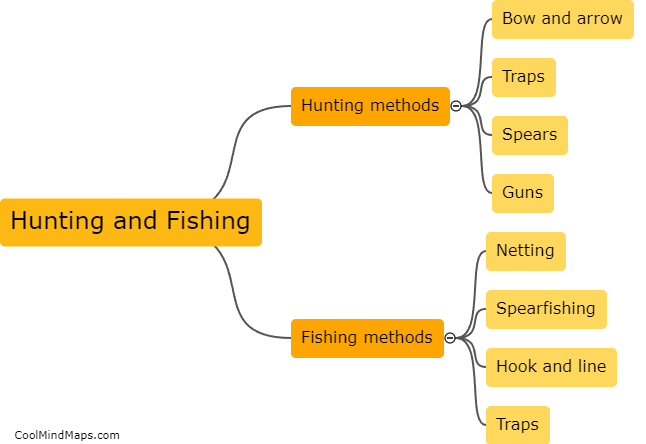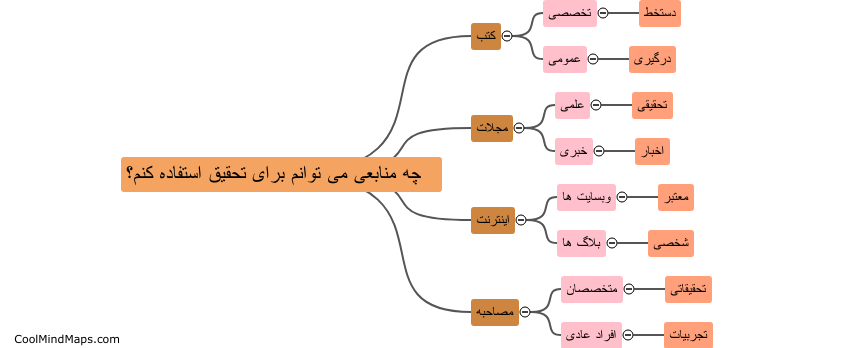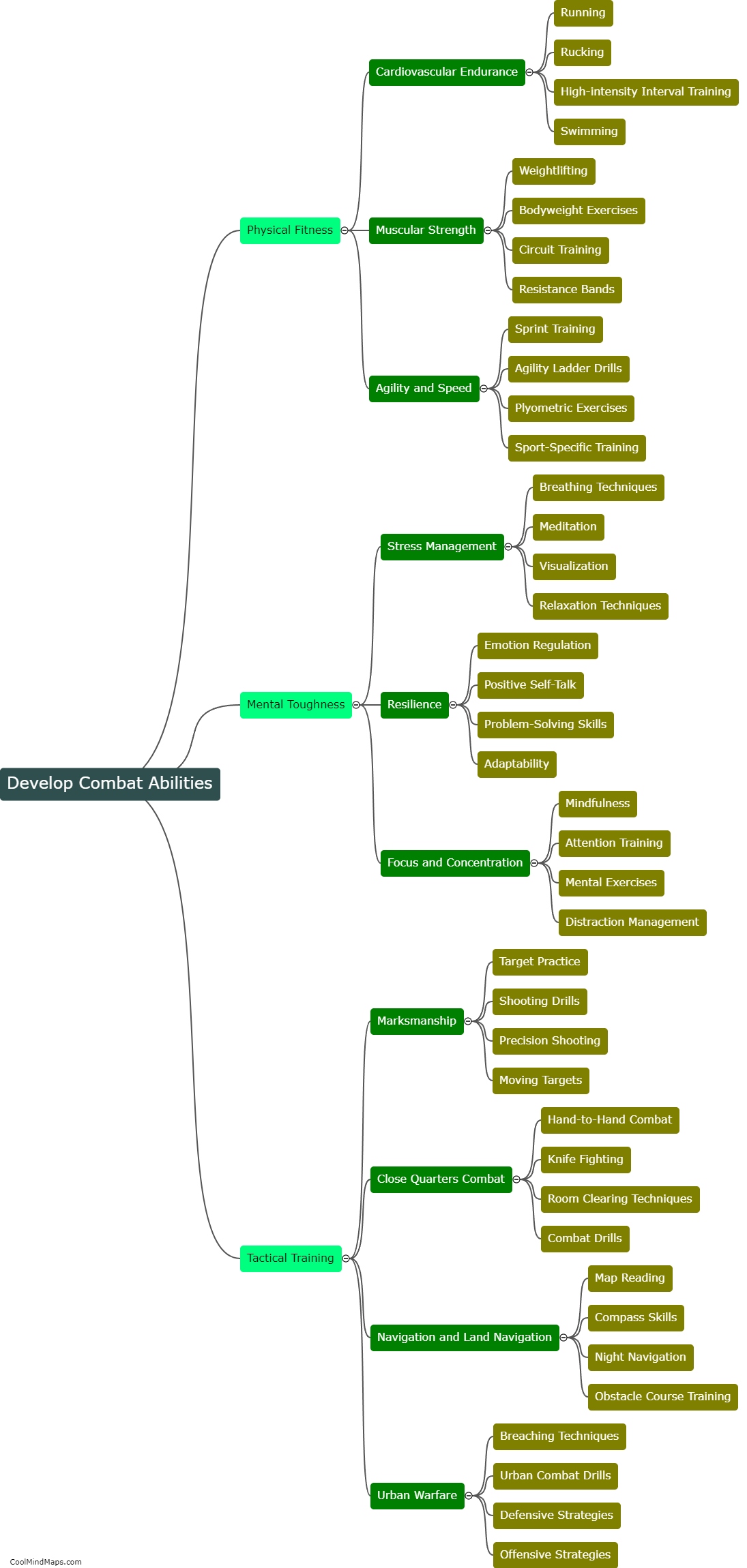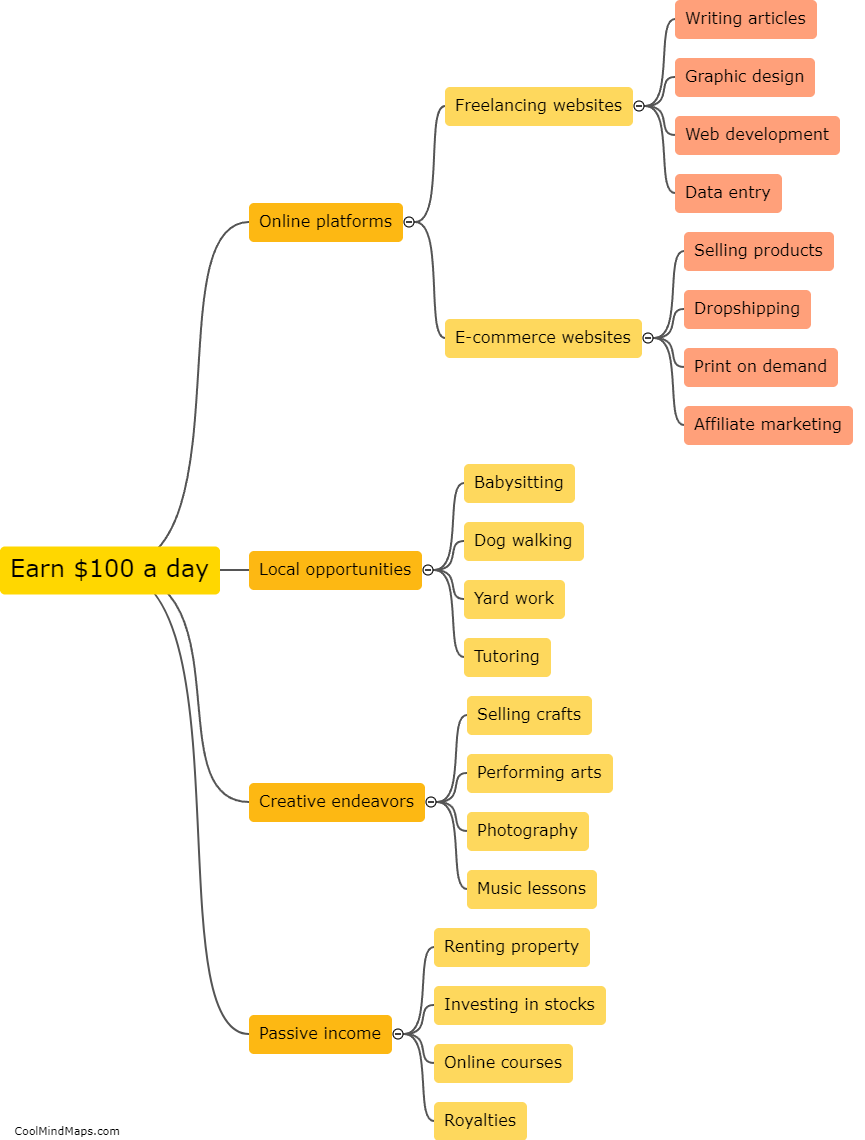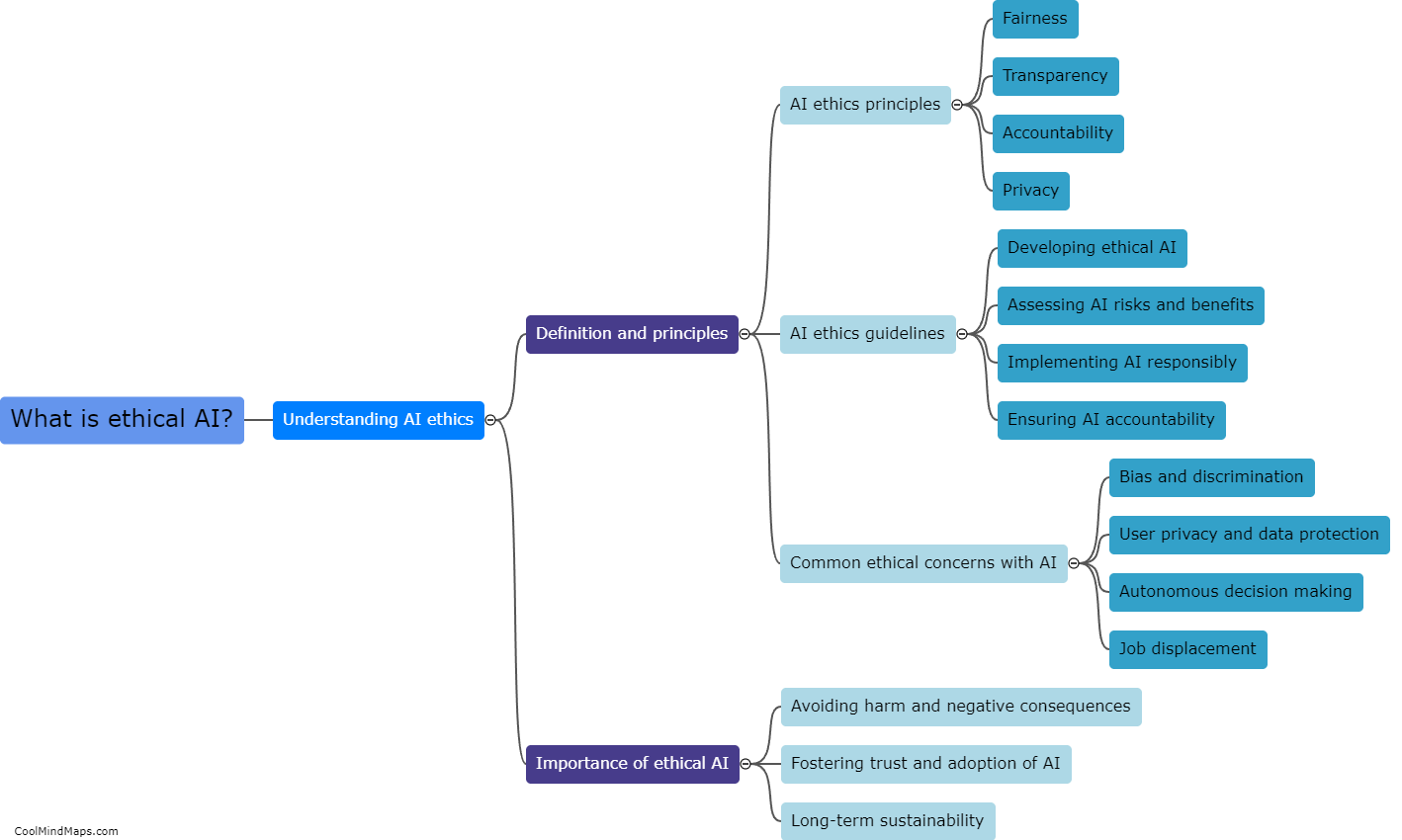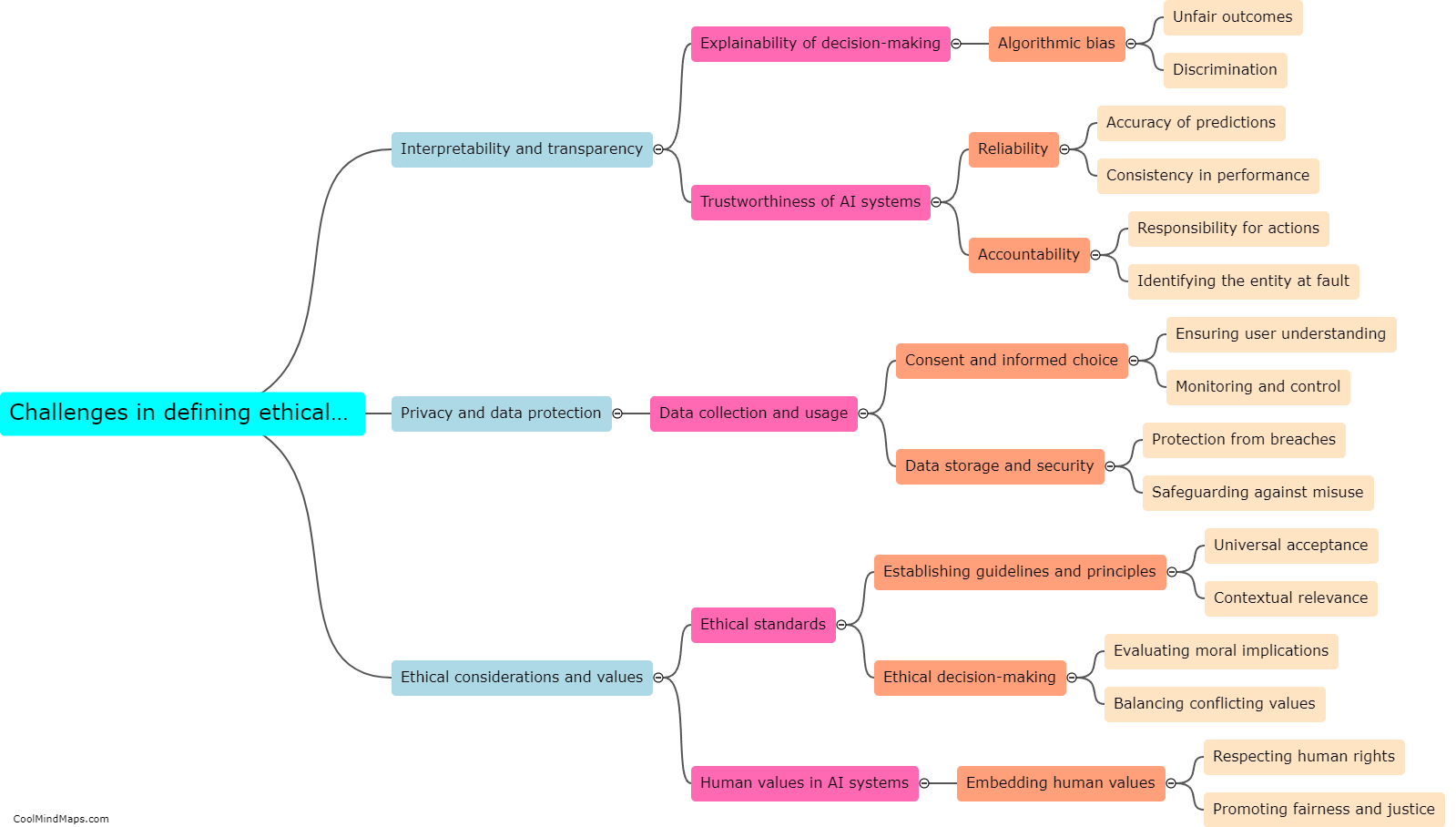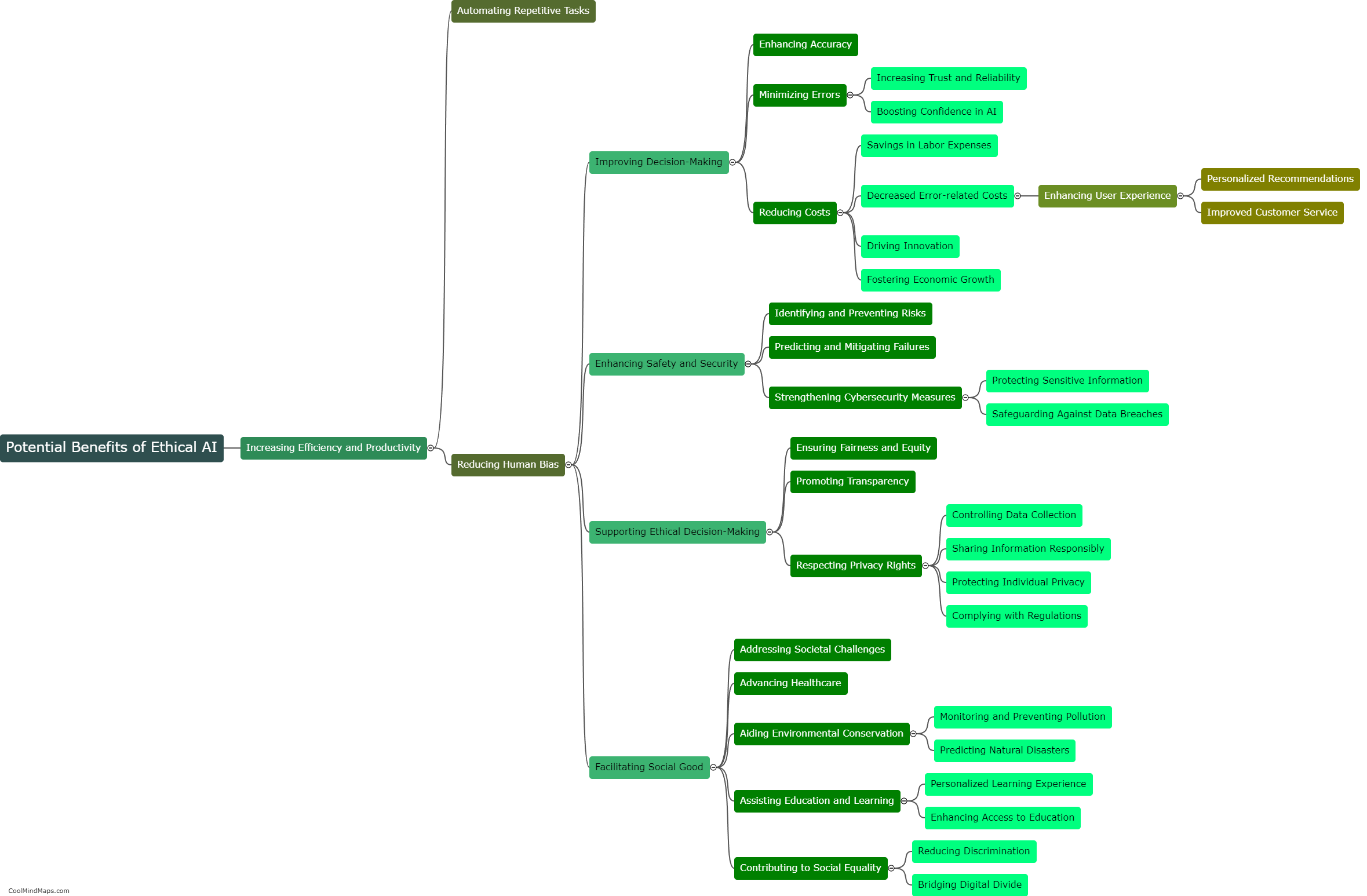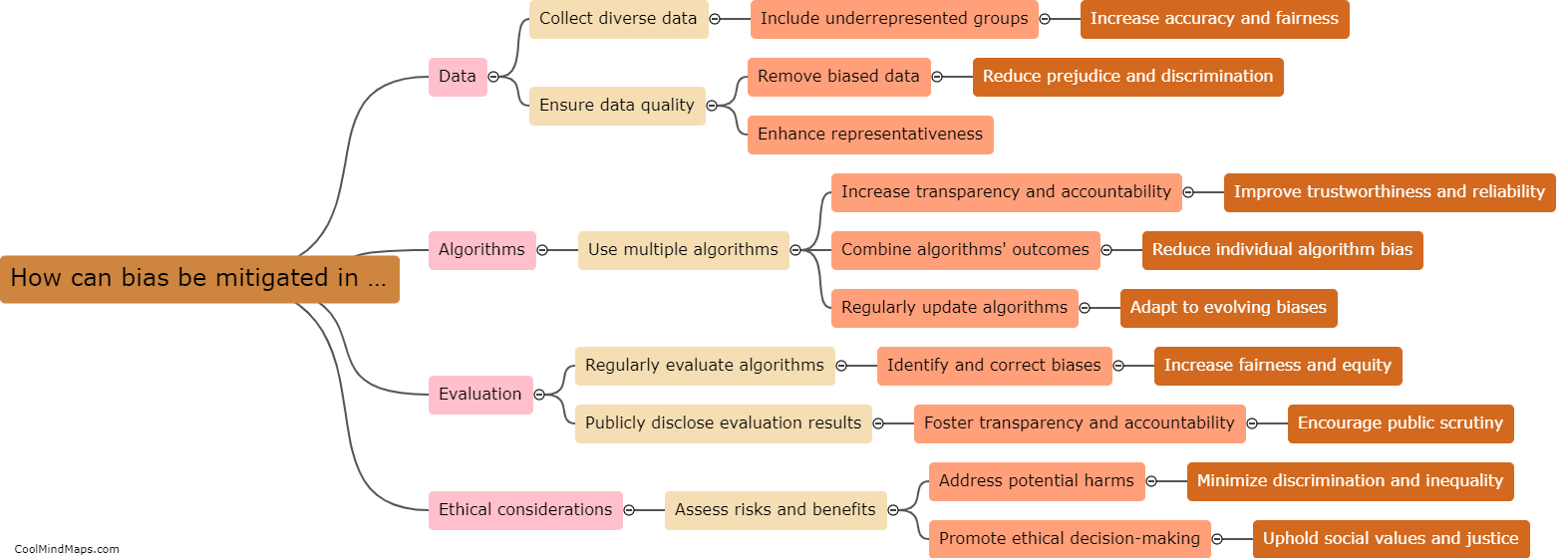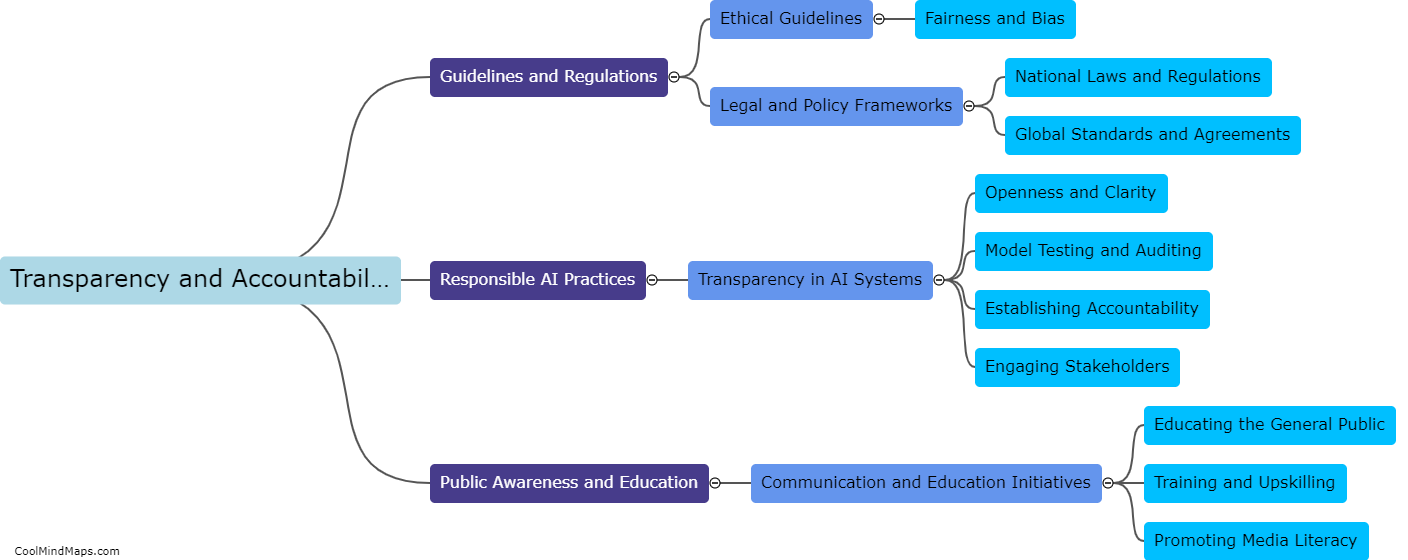What are the ethical implications of AI development?
The development of artificial intelligence (AI) raises a plethora of ethical implications that need to be considered. One major concern is the potential impact of AI on employment, as its advanced capabilities may render many jobs obsolete, leading to job displacement and social inequality. Another concern is the issue of data privacy and security, as AI systems often require vast amounts of personal information to function effectively, which raises questions about the proper management and protection of this data. Additionally, AI algorithms can be biased or discriminatory, reflecting the biases and prejudices present in the data they are trained on, thus posing a threat to fairness and justice. Furthermore, the lack of transparency and accountability in AI decision-making processes raises concerns about who is responsible when an AI system makes an error or causes harm. These ethical implications require careful consideration and the development of robust frameworks to ensure that AI technology is used responsibly and ethically.
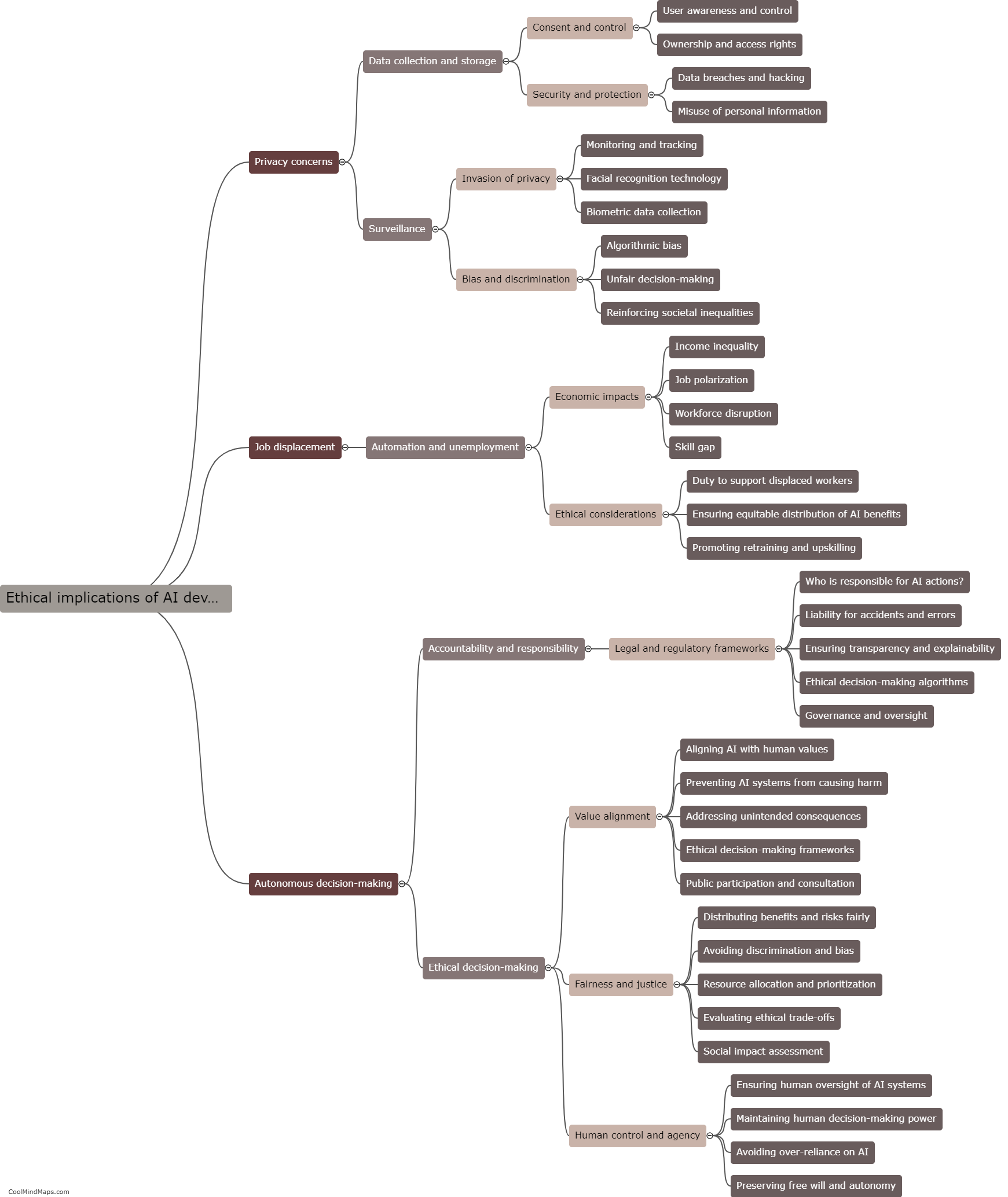
This mind map was published on 15 October 2023 and has been viewed 109 times.


